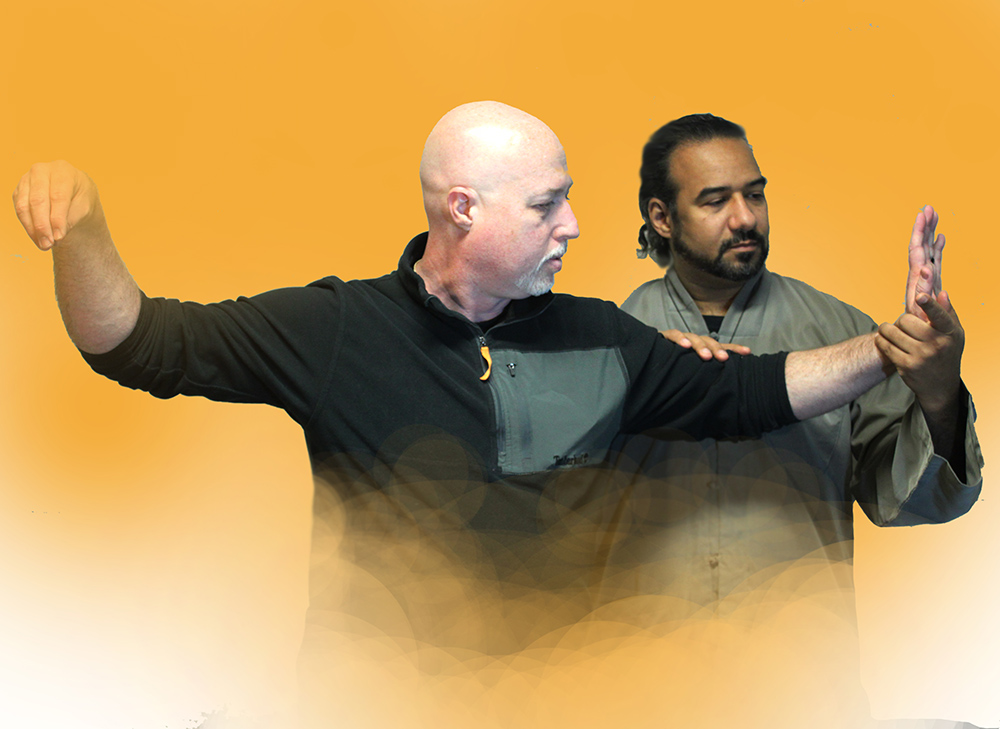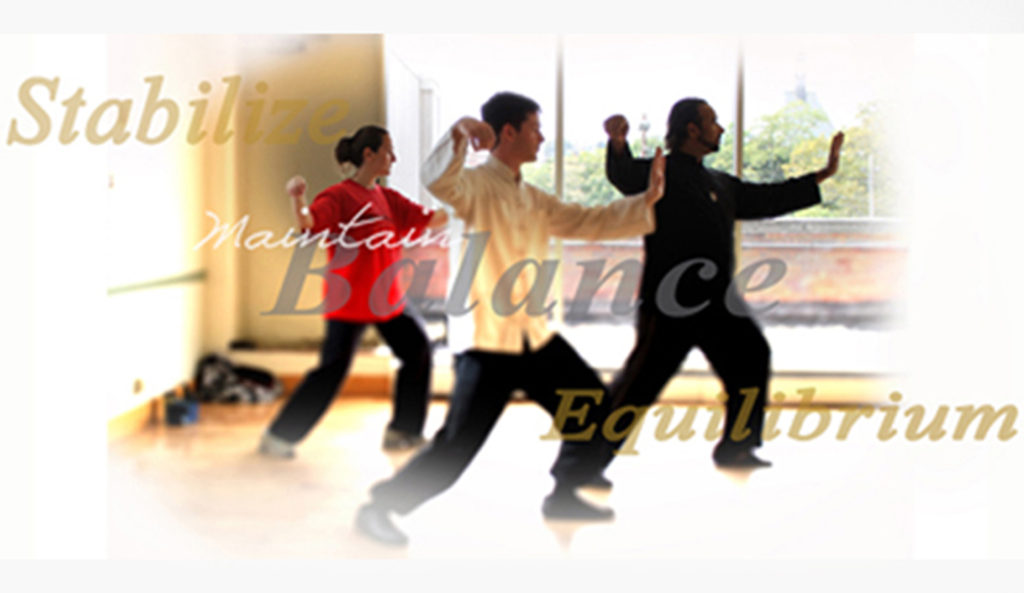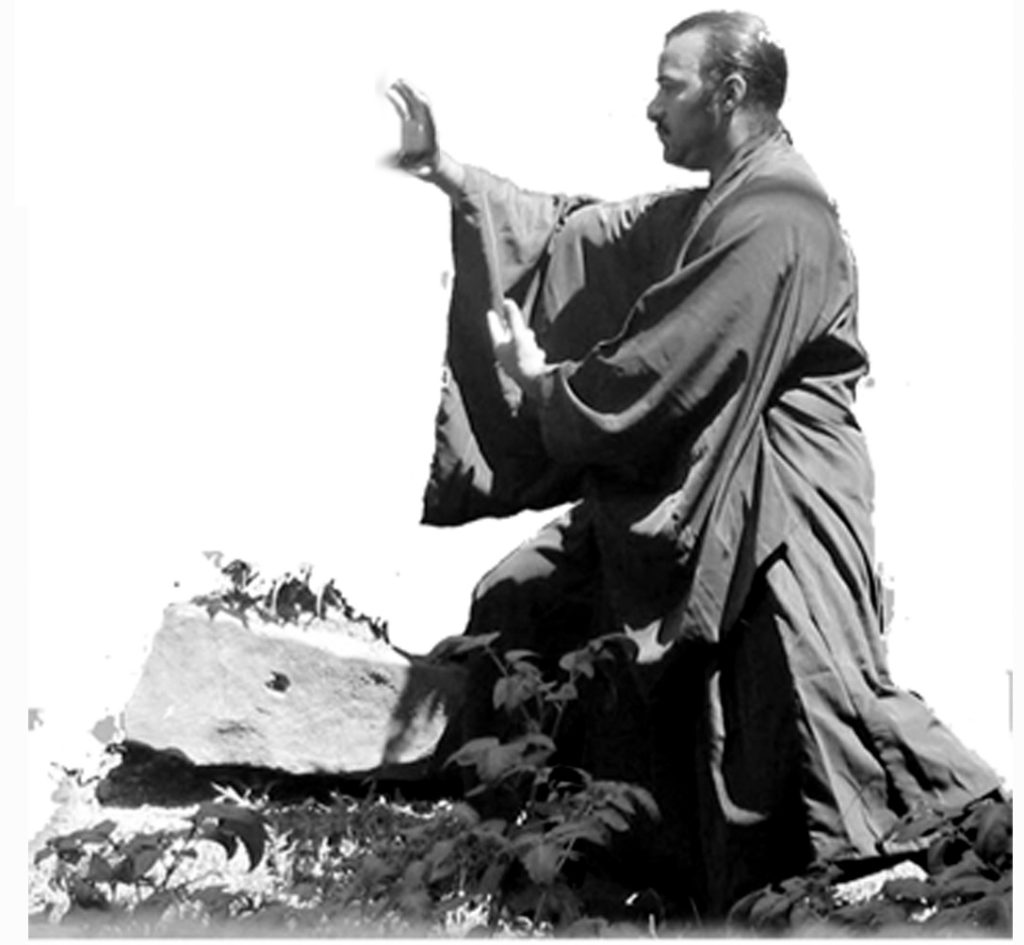TaiJi Practice to Reduce Stress
If you’re like most of us today, you’re feeling stressed out from time to time, and you might be looking for a technique to alleviate stress. If you haven’t already, now’s the time to try TaiJi (the Americanized spelling is “Tai Chi”). Tai chi was originally developed as a Traditional Chinese Martial Art (TCMA) as a Taoist method of health maintenance, and for self-defense, but it has now evolved into an elegant type of exercise utilized for stress reduction and a wide range of other health concerns. Often described as “moving meditation,” TaiJi fosters deep states of relaxation and tranquility through its slow, mindfully-performed fluid movements. Each posture flows seamlessly into the next, ensuring that your body is always in motion.




TaiJi is offered in a wide range of teaching styles. Every style may gently highlight different TaiJi concepts, methods, and techniques. Every style has its own variations. Some TaiJi instructors concentrate on maintaining good health, while others might concentrate on the martial arts component. A qualified teacher will be well versed in both.
TaiJi is generally safe for all ages and fitness levels because it has a mild impact and places minimum stress on muscles and joints. In fact, because TaiJi is a low-impact exercise, it may be particularly beneficial for older adults who might not normally exercise.
TaJi may also appeal to you because it is affordable and requires no specialized equipment. It can be practiced everywhere, both indoors and outdoors, and you can practice tai chi alone or in a class setting.
If it is learned correctly and practiced regularly, TaiJi is probably most applied as a beneficial component of an overall health improvement strategy. Although TaiJi is typically safe, pregnant women and anyone with joint issues, back discomfort, fractures, severe osteoporosis, or a hernia should visit a physician before beginning the practice. But, depending upon the advice of your medical practitioner, the modification or avoidance of particular postures can be made to allow for continued, healthy, exercise throughout one’s pregnancy.
Incredible amounts of research have been dedicated to TaiJi’s health advantages, both of course in mainland China, but also at numerous American universities such as Harvard and even MIT. With the understanding that health and it’s promotion in our lives demands a holistic approach, the field will continue to require additional investigation in the hopes of finding new and more effective means of illness treatment and the alleviation of pain. Some data suggests that TaiJi may also be beneficial as regards:

Today, TaiJi classes are available in many locations. Contact local fitness centers, health clubs, and senior centers to find a class near you. Instructors of TaiJi are not required to be licensed or to complete a regular training program. It is prudent to inquire about an instructor’s training and experience, and if feasible, to obtain recommendations.

I suggest instructors who have both taught for a few decades as well as participated actively in tournaments and competitions. This is to establish that they have a very wide base of knowledge as well as an interest in continuously growing – refining and enhancing their personal development and capabilities.
A qualified teacher can advise you on how to safely practice TaiJi, especially if you have injuries, chronic diseases, balance or coordination issues. Although TaiJi is slow and gentle and normally has no negative side effects, it is possible to sustain an injury if improper techniques are employed.